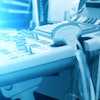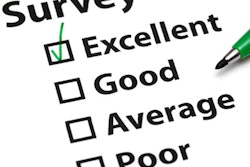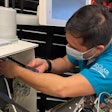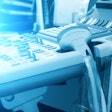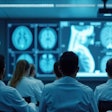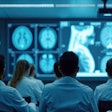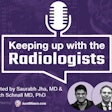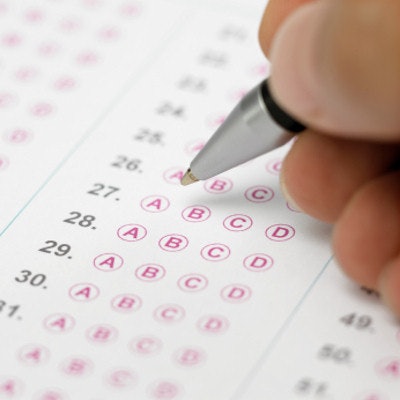
Past performance is no guarantee of future results in the world of investing, but things may be different for radiology residents taking the American Board of Radiology (ABR) Core Exam. A new survey of residents who took the exam found that scores on previous tests were a good predictor of who would pass.
Past scores on the U.S. Medical Licensing Exam (USMLE) and American College of Radiology (ACR) In-Training Exam were among several factors that predicted which radiology residents would pass the Core Exam, according to a study published May 8 in the Journal of the American College of Radiology. Other important factors that boded well for test-takers included training at an academic program affiliated with a university, completing a greater number of question bank questions, and even getting more sleep, according to a team led by Dr. Nabil Calisi of the University of Missouri-Kansas City School of Medicine (May 8, 2019, JACR).
The Core Exam is one of two exams required for certification in diagnostic radiology (DR) and is administered in the third year of a DR residency. Although only about 10% of residents fail the exam on the first attempt, study techniques for the exam vary a fair bit -- with study tools ranging from clinical learning to textbooks to question banks.
Calisi et al sought to determine which factors contribute most to passing the Core Exam by sending out a 34-question survey in August and September 2018 to 274 U.S. radiology residency programs accredited by the Accreditation Council for Graduate Medical Education (ACGME).
In all, 273 fourth-year radiology residents completed the survey, for a response rate of 23.4% based on the ABR's reported average of 1,169 residents taking the test for the first time. Some 91.9% of the survey respondents passed on the first attempt, while 8.1% either failed or conditionally passed.
What factors influenced the Core Exam pass rate the most? The researchers found that amount of sleep was a major factor (those who passed got an average of 7.06 hours versus 6.32 hours for those who didn't), but previous test scores were also a leading indicator.
| Factors that predict Core Exam pass rates | ||
| Factor | Odds ratio for passing Core Exam | p-value |
| Average hours per night of sleep | 15.9 | 0.002 |
| USMLE Step 2 Clinical Knowledge score | 2.90 | 0.001 |
| Average hours/day of studying | 1.57 | 0.013 |
| Call-free weeks before exam | 1.32 | 0.020 |
| USMLE Step 1 score | 1.09 | 0.006 |
| ACR In-Training Exam score | 1.08 | 0.001 |
| Total no. of questions completed | 1.00 | 0.005 |
| Total months of studying | 0.46 | 0.004 |
In other findings, the researchers discovered that residents who passed completed more question bank questions (an average of 5,840 questions versus 3,682) than those who didn't pass.
The team noted no statistical significance between those who passed and those who didn't based on the week of testing, testing location (Chicago or Tucson, AZ), or test start time. Despite the wide variety of question banks available, the group found no statistically significant difference in the pass rates for the different banks, with the exception of the RadPrimer question bank, Calisi et al wrote.
The researchers concluded that their findings should prove valuable for program directors seeking to improve Core Exam pass rates for their residents, with the following caveats:
- Programs should continue to give the ACR In-Training Exam to their residents. Residents who perform poorly on the exam may want to delay their Core Exam date for more preparation.
- Medical students should prioritize performance on the USMLE exams. Residency programs are justified in using USMLE scores as a screening tool for applications.
- Among the many exam prep resources that are available, no single resource is "correct" or guarantees success.
- The quality of individual exam preparation is more important than the tools used to study. Residents should still prioritize practice questions.
"Although no specific resource can guarantee success, residents can improve performance by using their study time and resources efficiently and effectively," Calisi et al concluded.



